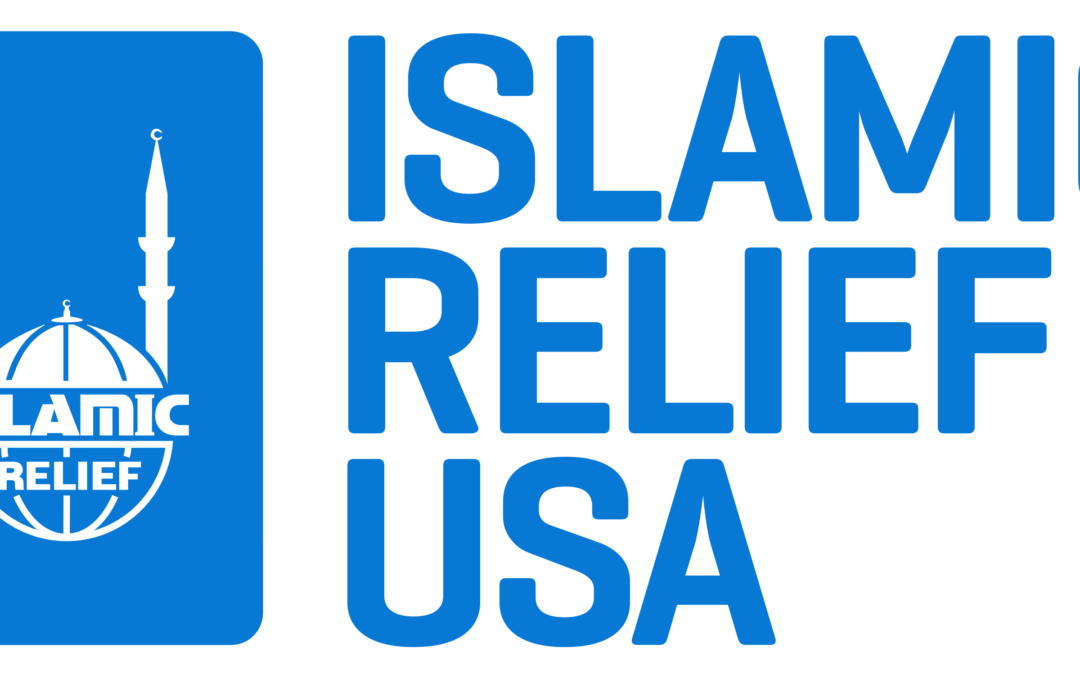Despite the challenges posed by conflict and drought, Islamic Relief USA works consistently, project by project, to support and empower vulnerable and marginalized communities around the world.
On the ground in Somalia
There are about 18.7 million Somalis as of 2024, and the median age of citizens is 15.3 years old. Islam is the official state religion of Somalia. Religion is central to citizens’ daily lives; it influences government, laws, and social customs. Most people who live there identify as Muslim, although there are areas where other religions are predominant, including some small Christian communities.
Currently, in Somalia, about 3 million people are food insecure. Given the median age of people in Somalia, this is causing many children to be extremely malnourished. Climate change has aggravated the humanitarian crisis; three quarters of the country’s livestock are already dead as a result of intense and ongoing drought.
As many as half of Somalis need humanitarian assistance, and the need is only increasing in intensity and scope. More than 1 million people have left the country because conditions are so bad, and another 1.5 million people are considered internally displaced persons. In almost every case, people’s living conditions have been negatively impacted whether they stayed where they were originally, left the country completely, or remain in Somalia as internally displaced persons. Just in Mogadishu, there are about 400,000 internally displaced people.
Unfortunately, and obviously, the situation in Somalia is complicated and won’t be solved overnight. The conditions affecting people are intertwined and not easy to address. A concerted effort from national and international actors, such as Islamic Relief USA, is necessary to even begin to improve people’s daily lived experience.
Islamic Relief focuses on various sectors
Islamic Relief USA set up the proverbial shop in Somalia in 2006. At first, it strictly provided Ramadan food parcels and Qurbani meat to impoverished families in the Puntland region, but since then, the organization has expanded its programs to address critical needs in a variety of areas:
- Education—Islamic Relief USA has established schools, made educational resources available, and provided scholarships to kids who needed them. The goal is to make quality education accessible to all children in the country, especially in places where poverty and conflict are endemic.
- Health—Islamic Relief USA provides healthcare services in Somalia by administering medical clinics, mobile health units, and health education programs. Members of vulnerable populations, including women, children, and internally displaced persons, are the organization’s main focus.
- Water and sanitation—Islamic Relief USA has overseen the installation of large water infrastructure projects like wells, boreholes, and water purification systems. They also teach hygiene awareness and sanitation best practices to prevent waterborne diseases. One of the projects made 36 boreholes (18 in Puntland and 18 in Somaliland) to address acute water shortages. Some of the boreholes are as many as 400 meters deep, making it possible for people and livestock to survive in areas with critical rainfall deficits.
- Livelihoods—Islamic Relief USA helps people in Somalia with livelihood support programs, vocational training, and microfinance initiatives. It provides income-generating opportunities, especially for women and youth; it reduces poverty; and it makes communities more resilient in the face of economic uncertainty.
- Child welfare—Islamic Relief USA helps provide shelter, food, education, and psychosocial support to orphaned children in Somalia. The goal is to provide orphaned children with the care and support they need to thrive despite their challenges.
With programs like these, Islamic Relief USA helps people affected by conflict and drought in Somalia. The organization focuses on the seven main program areas mentioned above because they assist the most vulnerable communities, primarily those currently in remote underserved and rural areas, as well as camps for internally displaced people.
Islamic values guide the organization’s work in Somalia. It continues to mobilize resources, build partnerships, and develop local capacity to mitigate disasters and support vulnerable communities, both there and around the world.
